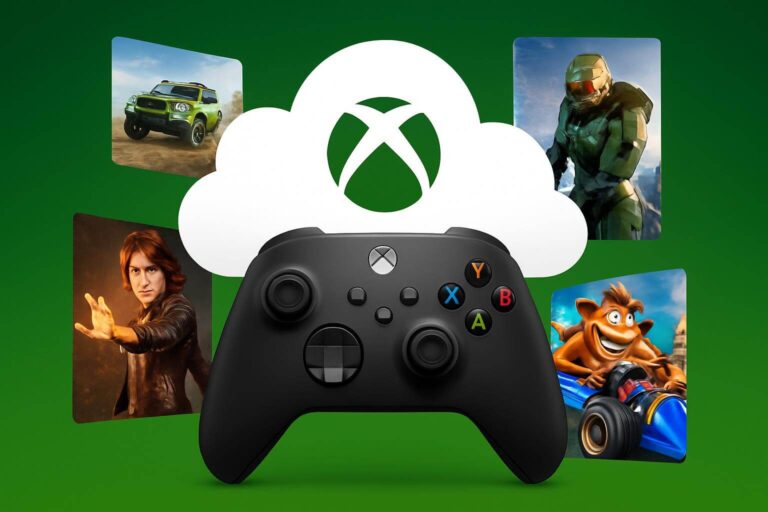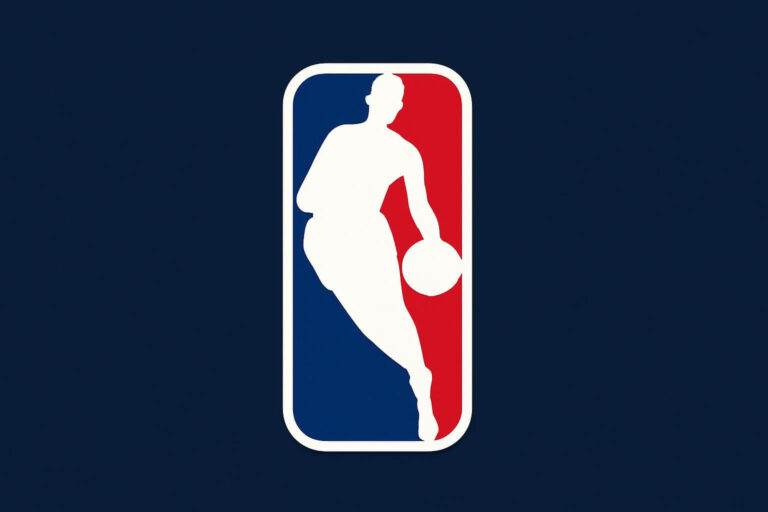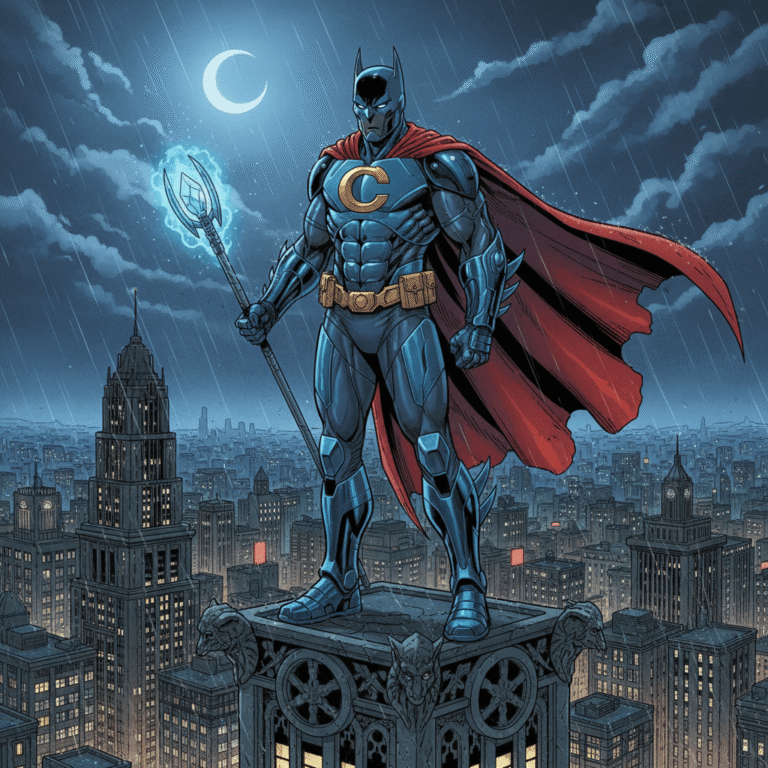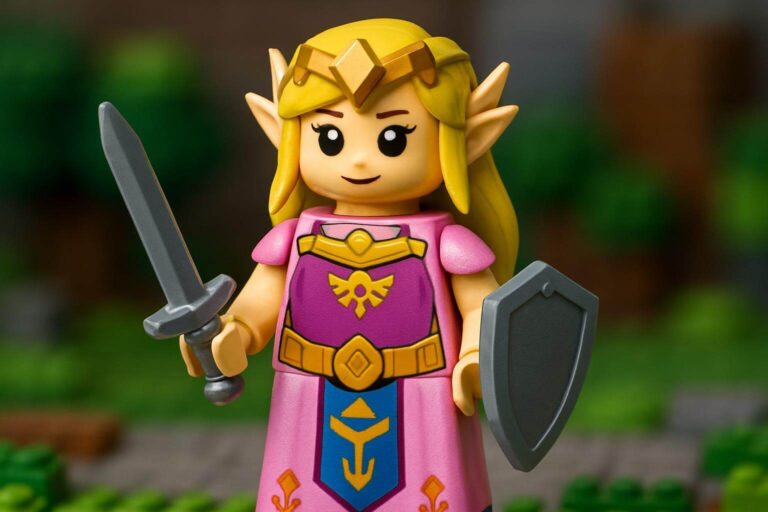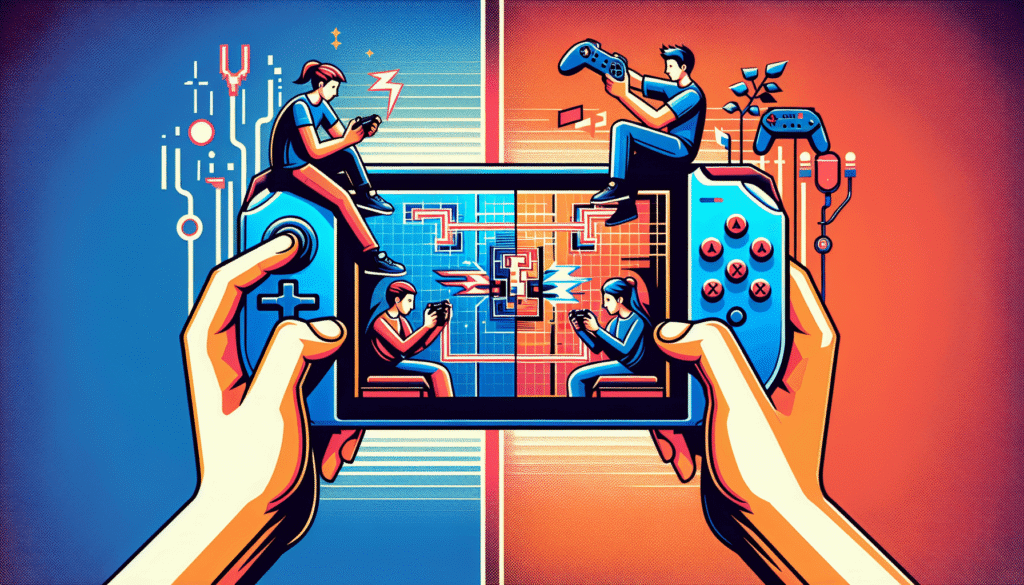
The Nintendo Switch 2 has arrived with power and polish. But alongside the hardware boost comes stricter rules. The biggest concern? Used games and flash cartridges may now trigger system bans.
Nintendo has quietly begun enforcing a ban policy tied to third-party hardware and backup ROMs. Players using flash cartridges—even with legally dumped games—have found themselves locked out of online features. Their consoles can’t access the eShop, multiplayer modes, cloud saves, or system updates.
Even if the player owns the original cartridge, using a flash device can cause the console to be flagged. The hardware ID used in these tools appears to be the trigger. Once detected, the ban is applied to the console itself, not just the user account.
How the Nintendo Switch 2 Used Games Ban Works
The new EULA, updated just before Switch 2’s launch, grants Nintendo broad control. It allows them to restrict, ban, or even permanently disable devices they suspect of tampering or piracy.
Currently, bans only block online services. But Nintendo reserves the right to go further. That means a console could, in theory, be rendered completely unusable if the company sees fit. This shift sends a strong message against game modification and backup use—even for legitimate users.
What worries many fans is how bans stick to the hardware. If you buy a used Switch 2 from a third party, there’s a chance it’s already banned. In that case, you’re locked out of the core online features, even if you did nothing wrong.
Secondhand Buyers and Game Preservation at Risk
Nintendo has implemented cartridge ID checks to catch duplicate usage. That means if a used game was previously played on another Switch 2, it could flag your console when used again online.
This affects not just pirates, but collectors and preservationists. People who enjoy archiving or backing up their games now face real risks. A Reddit user recently shared that even his self-dumped cartridges led to a ban. His hardware was flagged simply for using a flash cartridge.
Players who buy secondhand consoles or physical copies can no longer be sure their purchase is safe. There’s no official way to check if a console is banned before buying. This makes reselling and buying pre-owned Switch 2 units much riskier than in the past.
The Bigger Picture Behind This Policy
Nintendo’s crackdown aligns with a growing industry trend. Major publishers are locking down hardware and digital rights more aggressively. For Nintendo, the goal is simple: reduce piracy and protect profits.
The company has always taken a firm stance on anti-piracy. But the Switch 2 era may mark its most aggressive step yet. From online bans to potential console bricking, the rules are clear—stick with official, unmodified hardware and retail cartridges.
For game historians, secondhand shoppers, and casual fans alike, this approach is worrying. While Nintendo defends its property, the side effects reach honest users too.
Some points to remember
- Flash cartridges and used games can now trigger bans.
- Nintendo’s policies apply to both online and offline use.
- Secondhand buyers risk inheriting blocked consoles.
- Game preservation efforts face new legal and technical hurdles.
The Switch 2 is a strong successor in many ways. But with its new policies, Nintendo sends a strong message: only official hardware, only official games. For everyone else, the risk is real—and rising.

